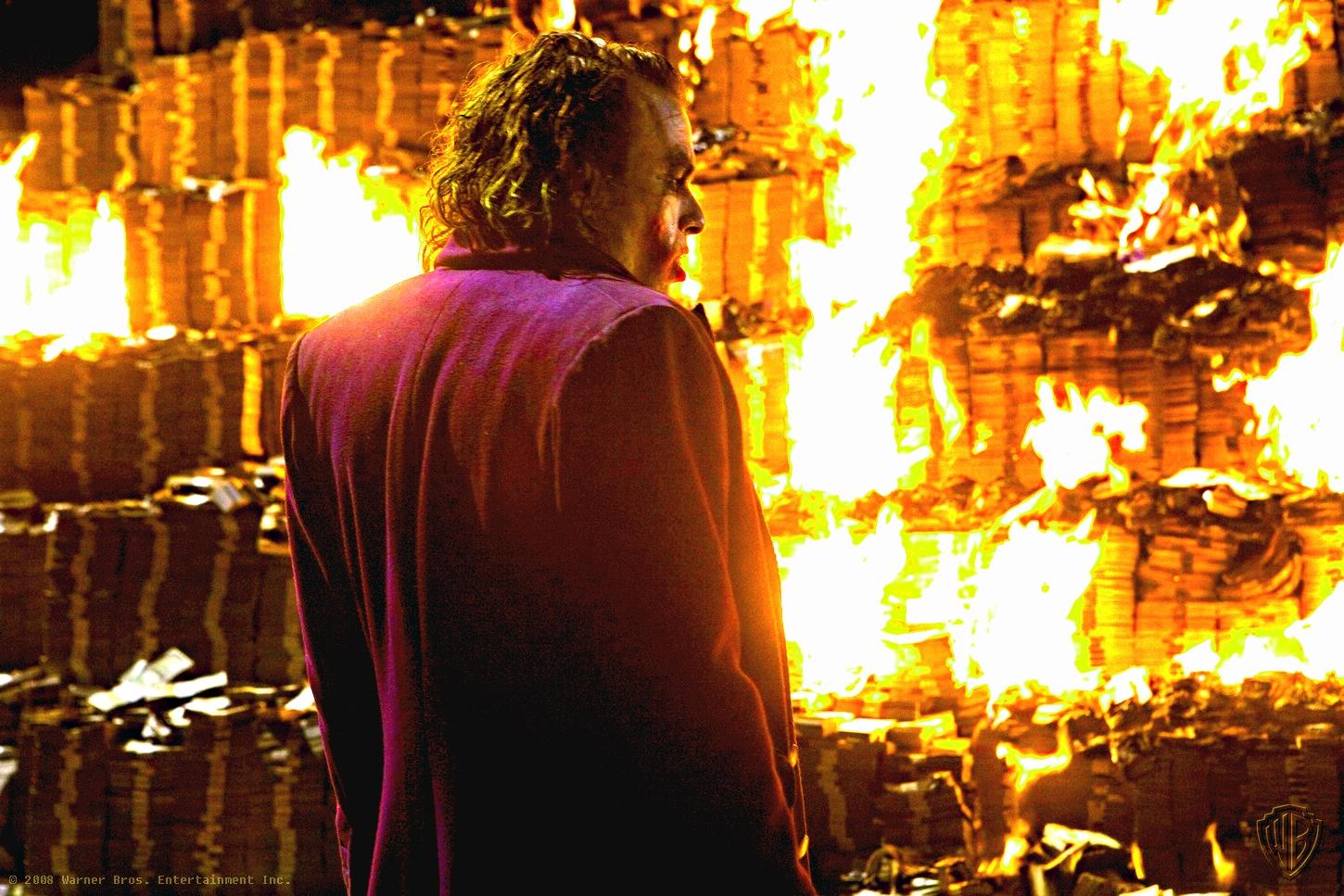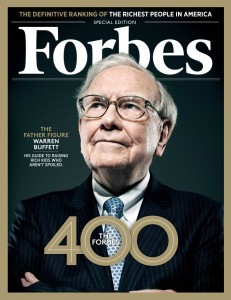My cousin posted this article on his Facebook wall this week. It’s a pretty typical post for the demographic subgroup that is “members of Peter’s immediate and extended family”, and it’s pretty innocuous in its own right. Most of my family, friends, and acquaintances are, after all, Mormons. Ergo largely conservative; ergo roundly critical of what they perceive as “the greedy poor”. It really got under my skin though, and not just because the blogger’s writing was so heinous.
Here’s the thing… literally every soul that “liked” it or commented things like, “Spot on!” or “Made my morning” are ummmm… what’s the word?
Oh yeah. Poor.
They’re poor.
You know who else is poor? Me and like everybody I know.
Still living under the illusion that you’re a middle class American? You’re not alone. Assuming we use the standard calculation for “middle class”… those making 50% more or less than the Median income, nearly 27% of Americans can be accurately described as lower-class (12%) or impoverished (15%). The percentage of people who actually believe they are in the lower class or poor? Only 8.5%. That’s a phenomenon called delusion. *[Figures via Robert Reich (Mother Jones), 2012] Also, if you still qualify for the middle class, your buying power is down 37% from what it was in 1996 (after adjusting for inflation).
The other reason the post bothered me is that for the past couple of months I’ve been reading crap like this on a daily basis:
Economist of all stripes agree that significant income disparity is a real problem. In our own country, a whopping HALF of the wealth is held by the richest 400 Americans. Worldwide that puts us roughly in the middle of the pack, not as bad off as South America, Sub-Saharan Africa, or China, but not that great either. See a map. I’m not demonizing the rich here, I’m questioning the proposition that nothing can or should be done about the balance.
You know what God has to say about this state of things? I’ll give you a hint, it’s not “rich people have much better living habits and so I pour out my blessings on them.” More like, “it is not given that one man should posses that which is above another, wherefore the world lieth in sin.” (Doctrine and Covenants 49:20)
Really, truly, that is the Lord’s position. He’s not on board. I have not found one place in scripture where Jesus or his prophets tell me it’s ok for me to condemn the poor to their unfortunate lot. There are literally hundreds of places where that exact kind of condemnation is itself condemned in the plainest of language by the Savior himself. A primary warning of the Book of Mormon record is that we, the members of the church need to avoid classism and pride, or we, like the Nephites, are doomed. The temple narrative seems to indicate that the problem is systemic… and avoiding absolute servitude to Mammon and all of its promises is at the heart of our mortal struggle.
One of the strangest ironies of the Mormon church’s evolution in the last 100 years, is our total about-face on these matters as it involves the corporate facet of the church. Or is it the church facet of the corporation? It is almost universally frowned upon in Mormon circles these days to question the validity of Laissez-faire Capitalism. While a mere century ago…
The experience of mankind has shown that the people of communities and nations among whom wealth is the most equally distributed, enjoy the largest degree of liberty, are the least exposed to tyranny and oppression and suffer the least from luxurious habits which beget vice… Under such a system, carefully maintained, there could be no great aggregations of either real or personal property in the hands of a few; especially so while the laws, forbidding the taking of usury or interest for money or property loaned, continued in force.
One of the great evils with which our own nation is menaced at the present time is the wonderful growth of wealth in the hands of a comparatively few individuals. The very liberties for which our fathers contended so steadfastly and courageously, and which they bequeathed to us as a priceless legacy, are endangered by the monstrous power which this accumulation of wealth gives to a few individuals and a few powerful corporations. By its seductive influence results are accomplished which, were it equally distributed, would be impossible under our form of government. It threatens to give shape to the legislation, both state and national, of the entire country. If this evil should not be checked, and measures not taken to prevent the continued enormous growth of riches among the class already rich, and the painful increase of destitution and want among the poor, the nation is likely to be overtaken by disaster; for, according to history, such a tendency among nations once powerful was the sure precursor of ruin.
Your Brethren,
Brigham Young, George A Smith, Daniel H Wells, John Taylor, Wilford Woodruff, Orson Hyde, Orson Pratt, Charles C Rich, Lorenzo Snow, Erastus Snow, Franklin D Richards, George Q Cannon, Brigham Young Jr, Albert Carrington
So yeah, productive habits are great. But we should never forget that dismissal and contempt for the poor has its seeds in enmity. And enmity is the root of pride. And pride cometh before Revelations 18:7-9.








Amen. The Bangladesh garment worker example has become a little more murky to me lately, though. Have you checked out Planet Money’s documenting how a t-shirt makes it to the U.S.? It is truly fascinating. Check it out: http://apps.npr.org/tshirt/#/title
Surely a great deal more needs to be done. After the catastrophic building collapse earlier this year, it seems that finally some incremental steps are being made to improve the conditions and pay.
I love the “IT beguiles” picture. Very subversive.
I too will never understand how the reasonably poor (and completely poor) can prop up a system that continues to make them yet poorer still. It is Stockholm Syndrome! It also boggles my mind that people can either be so uninformed or uncaring about the state of poverty even here within the United States. Poverty in a poverty-stricken country is horrendous, poverty in the richest country in the world is a sin on the heads of those with the means to do something about it.
Wow, where did you find that letter? And how can we make sure everyone reads it?
You can find it at the Church History Library. This website has excerpts of it: http://www.ldscooperative.com/proclamation
How could I not read the blog when you said “click here to read a horrifying blog”?
It gives a list of 10 traits that the average wealthy individual has more than the average poor person: 1. eat right; 2. think before you speak; 3. set goals 4. keep fit; 5. be organized; 6. read; 7. call people to wish them happy birthday; 8. don’t watch reality television; 9. don’t gamble; and 10. be flexible and original.
Why is this bad–sorry … horrifying–advice again?
I too question the causality connection. I too question greedy benevolence. But which trait or combination of traits should horrify me?
The trait of believing your virtue gave you all your money.
Sorry, to this is am saying,
The trait of believing your virtue gained you your money.
I would find that offensive too. The gospel of prosperity is an abomination. That money would follow virtue seems to be denied by the emperical evidence of the Savior’s life. But did the article argue that virtue gains money? I suppose if you equate the 10 traits as being virtues . . . .
Is what is horrifying the notion that some people have earned their wealth, whether it be through the value of hard work, sacrifice, filling a need, etc. which wouldn’t be all that offensive to me or is it because you see dubious connections between the blog’s attribution between goal setting, strategic attention allocation, interpersonal relations, etc. and wealth?
I agree income disparity is an issue and a problem. The question I would ask the author, however, is what does he propose to do about it? What does he consider the proper use of power (government or otherwise) in “fixing” the issue? Obviously, we have to redistribute income, right? How does he propose to do that? The point of gun?
I read this as simply a wake-up call. Perhaps the only real suggestion in here is to pay attention to what we value and how we talk about wealth with each other and at church, since that’s what will shape our thought and our actions. People are a lot more open to talking about the “how” of wealth distribution if they believe it’s needed.
Love this. It reminds me of the Brigham Young quote:
“This people will stand mobbing, robbing, poverty, and all manner of persecution, and be true. But my greater fear for them is that they cannot stand wealth; and yet they have to be tried with riches, for they will become the richest people on this earth.”
It’s a sly temptation to start connecting spiritual virtue with physical wealth and conveniently forget about all the immoral wealthy and moral poor people (including many prophets) in the world that clearly debunk that. I have come to see the blessing of money and riches (in time, resources, education, etc.) as literally a blessing-not payment for doing what I was asked to do. I think keeping the commandments often helps us better receive blessings, but even Joseph Smith was repeatedly reprimanded by the Lord for seeking material wealth and having to learn that true wealth was an eternal thing.
On the nose, Laurel.